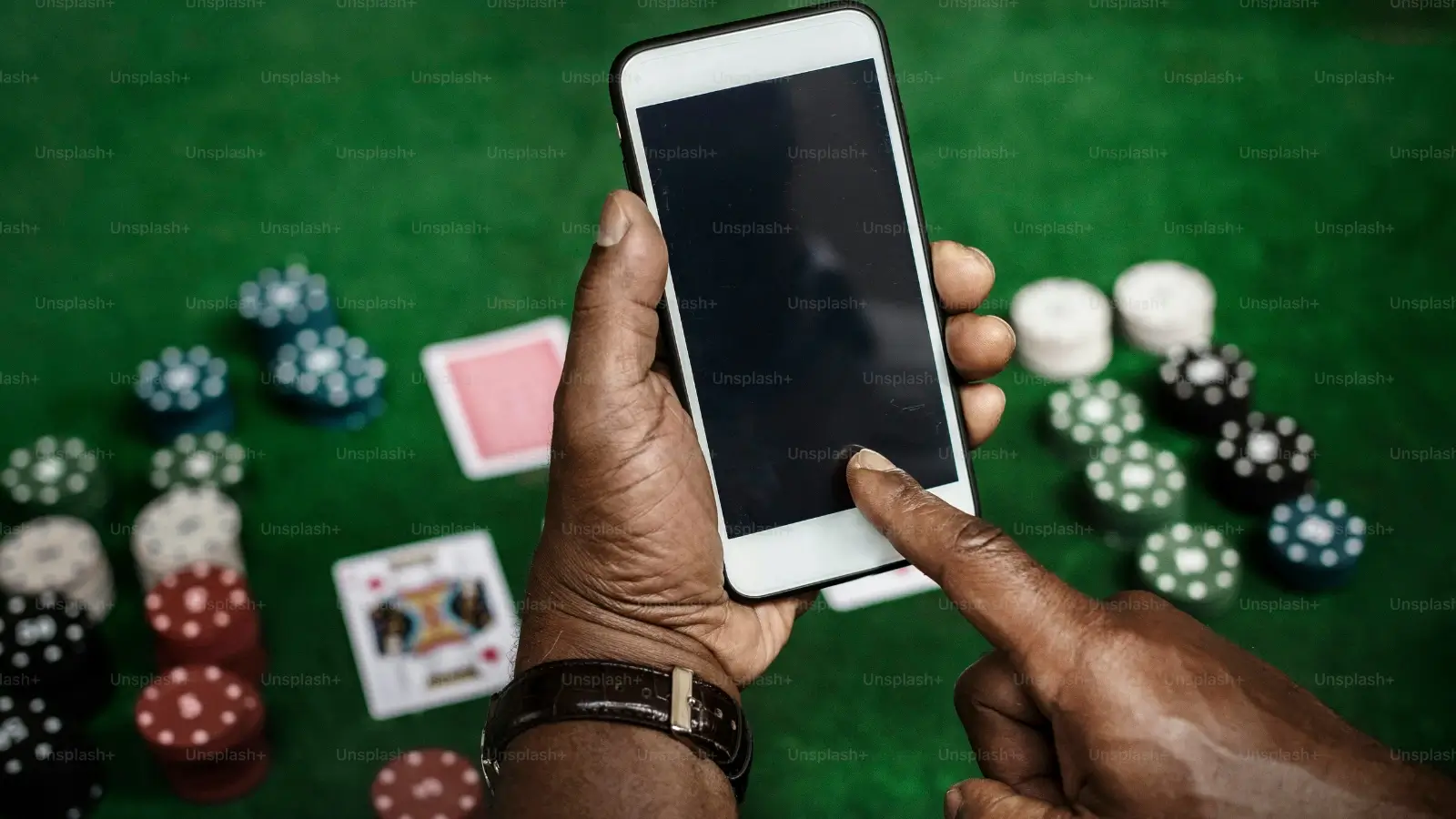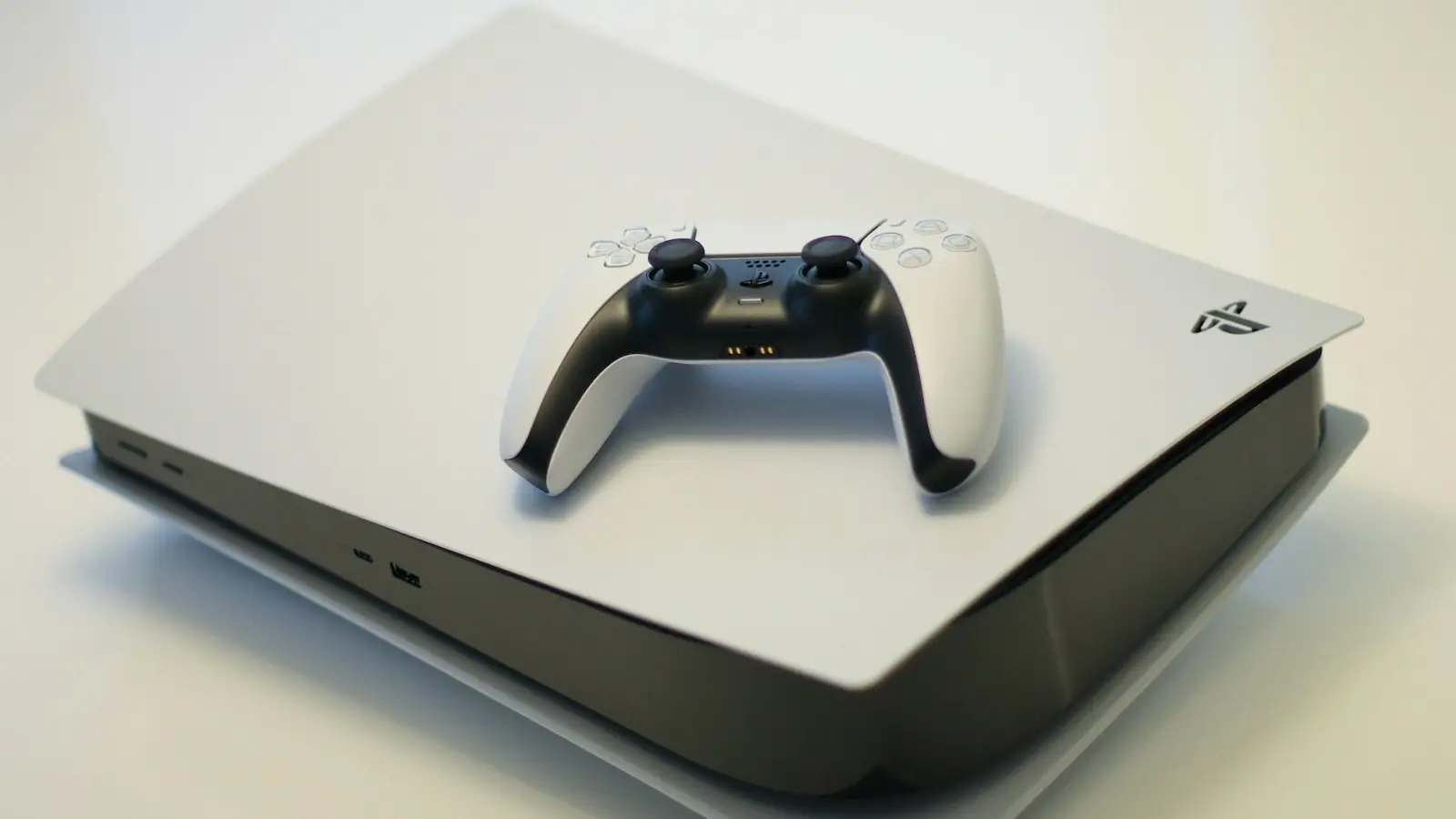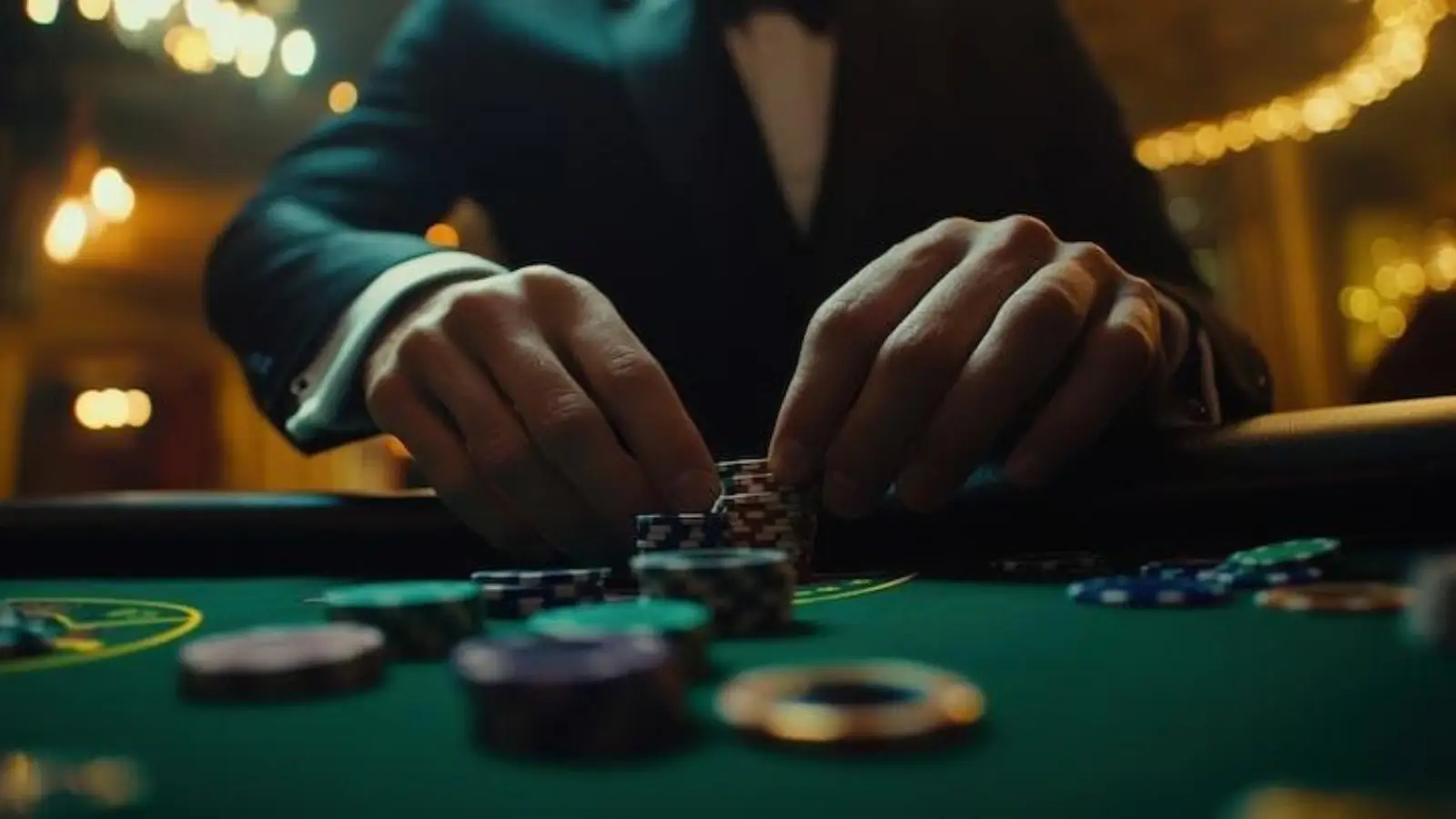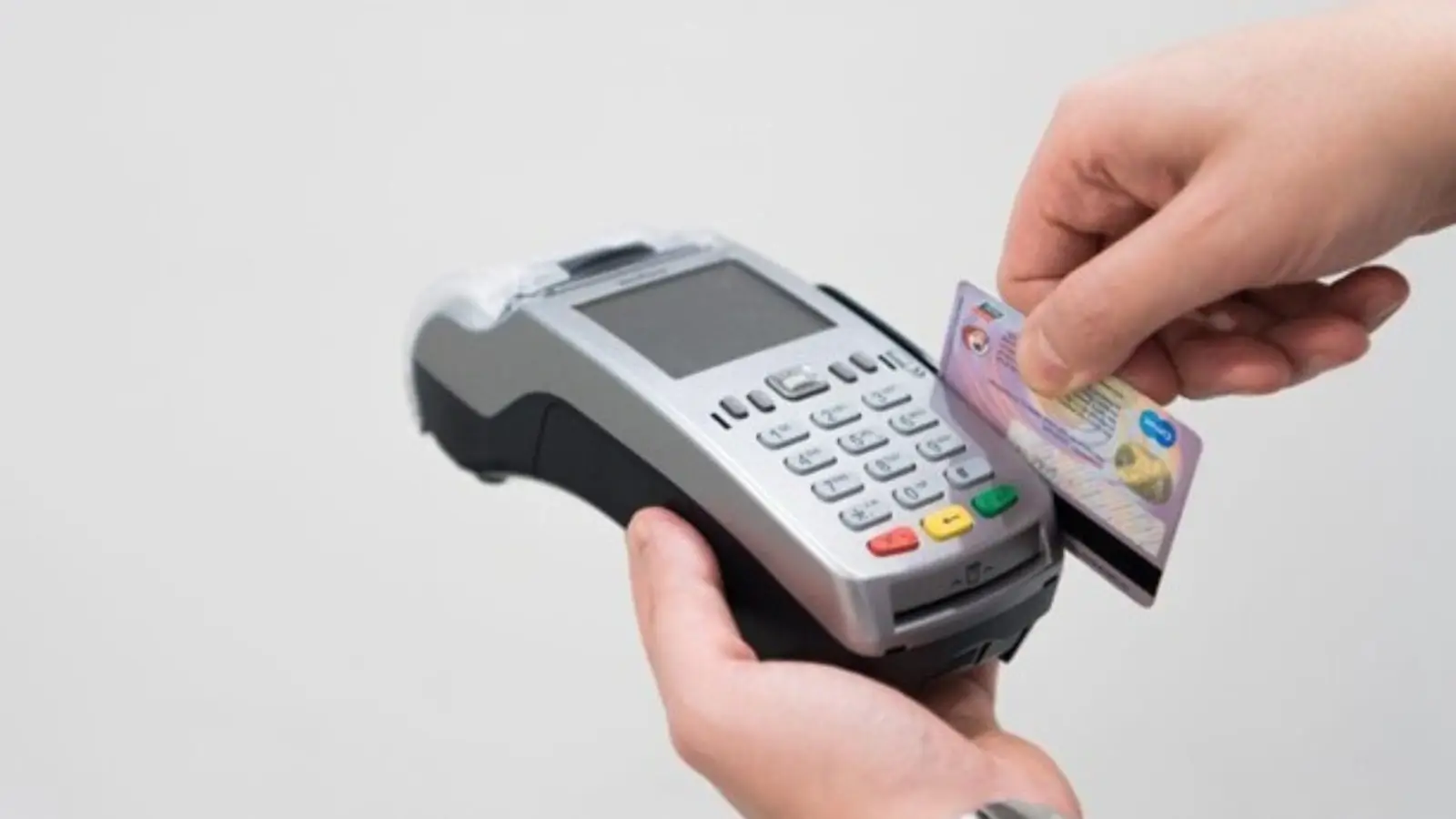When the summer hits, people in the UK can be seen spilling out onto train station platforms and city streets in their seasonal best. With bucket hats and face glitter aplenty, you may be mistaken in thinking they are heading off to one of the many festivals or resorts across the country. Some may well be, but a large proportion is actually off to where the real party is happening: Bingo.
Bingo in the Past
Bingo has long held a fond place in the hearts of UK residents. After the post-war boom, its patrons moved into the many old cinemas. These buildings were looking for a new purpose, as their once bustling halls had been emptied by the invention of television. This meant people could now experience moving pictures in their homes.
This provided a different type of entertainment. Where watching a movie is quite a solitary act, bingo has a communal atmosphere. People would go to halls to socialize, get their ‘eyes down’ playing bingo, and relax after a hard day of work.
Engaging Online

Around twenty years ago, bingo was struggling. It had been damaged by the introduction of the lottery and scratchcards in the United Kingdom and a general economic downturn. However, instead of rolling over and accepting its fate, it did two things that reinvigorated the sector.
The first was major improvements in its online offerings. Coinciding with improvements in connectivity and the rise of the smartphone, bingo companies realized they were poised for an incoming new wave of gamers: casual players who didn't want in-depth console titles and first-person shooters. Instead, this audience wanted easy-to-play fun and the chance to win prizes along the way.
Finding the best bingo app is now easy for online players, who can make a decision based on their bonuses and range of games on offer. While in many industries this would have taken people away from halls, it did the opposite. People could learn the game at home, and many then wanted to go out and play in person. It also opened the door to a different demographic, who may have felt intimidated visiting before.
Today's Revenues
To capitalize on this, bingo began to mix with party-style events. By having themed nights, people began to treat bingo as a night out. From Abba evenings to St Patrick’s Day events, bingo became fun again.
The figures speak for themselves. The number of halls in the United Kingdom has fluctuated wildly. There were around 1,200 thirty years ago, with a figure that then moved to 600 around fifteen years ago. Yet now, the bingo industry as a whole is flourishing. In the United Kingdom, gross gambling revenue for bingo is £173.6 million a year alone.
Few industries can reinvent themselves in this way. Although focusing on attracting the younger demographic can come across as disingenuous for a brand, the kitsch interpretation people had of bingo worked to its advantage. Perhaps concentrating your digital offerings on different demographics could be a way to attract a new audience for your brand too.

















